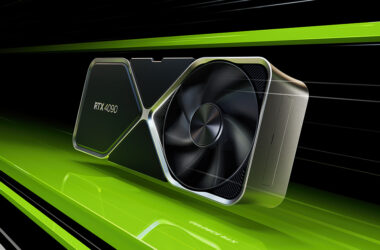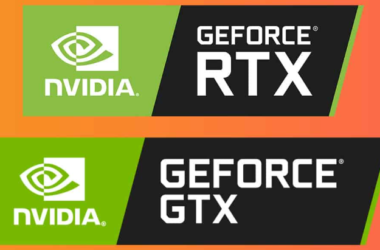As the realm of technology continues to advance, the needs and demands of users are incessantly evolving. The incessant desire for high-performance computing has engendered a plethora of upgrades to both laptops and desktops to cater to the ever-changing needs of users. The graphics card is among the most crucial components of a computer as it is responsible for rendering images and videos. Therefore, in this article, we will delve into the dissimilarities between laptop graphics cards and desktops, and which one is superior for you. Is RTX or GTX cheaper?
Size and Power Consumption
One of the most salient dissimilarities between laptop graphics cards and desktop is their size. The limited space in a laptop causes the graphics card to be smaller in size compared to that of a desktop. The smaller size of laptop graphics cards connotes that they are less potent in comparison to their desktop counterparts.
Furthermore, laptops are encumbered by limited battery life, and high-performance graphics cards consume an extensive amount of power, which can rapidly drain the battery. This suggests that even if a laptop features a powerful graphics card, it may not be able to perform optimally due to power limitations.
Upgradeability
Another point of departure between the laptop graphics card and the desktop is their upgradeability. In a desktop, the graphics card can be effortlessly replaced or upgraded, enabling users to keep pace with the latest technological advancements. Conversely, in a laptop, the graphics card is often integrated into the motherboard, making it an arduous or even impossible feat to upgrade.
Thus, if you desire to upgrade your laptop graphics card, you may have to replace the entire motherboard, which can be exorbitant and time-consuming. Therefore, if you are an individual who relishes staying up-to-date with the latest technology, a desktop might be a better option for you.
Portability
One of the most significant advantages of a laptop is its portability. Laptops are portable and can be easily carried around, making them the ideal option for students and professionals who require a computer for work or studying outside of their homes or office. However, due to their smaller size, laptops are often less powerful than desktops.
If you require a computer for demanding tasks such as video editing or gaming, a desktop may be a more advantageous option as it can provide more power and better performance than a laptop. Nevertheless, if portability is your primary concern, a laptop is the way to go.
Cooling System
Another factor to consider when juxtaposing laptop graphics cards and desktop is their cooling system. Laptops, due to their smaller and more compact size, tend to possess less effective cooling systems compared to desktops. This means that laptops can get hot quickly, which can lead to performance issues and reduced lifespan of the hardware.
Desktops, on the other hand, have larger cases and more space for cooling systems such as fans and liquid cooling, which can keep the hardware cool and prevent performance issues. Thus, if you plan to use your computer for extended periods or for demanding tasks, a desktop may be the preferable option.
Conclusion
In conclusion, the choice between a laptop graphics card and a desktop depends on your individual needs and preferences. If you need a computer for demanding tasks such as gaming or video editing, a desktop may be a more suitable option as it can provide more power and better performance. However, if you require a computer that is portable and can be used on the go, a laptop is the more ideal option.
Ultimately, the decision between laptop graphics card and desktop boils down to your personal needs and budget. If you require assistance in making an informed decision, consult a professional or conduct further research.









